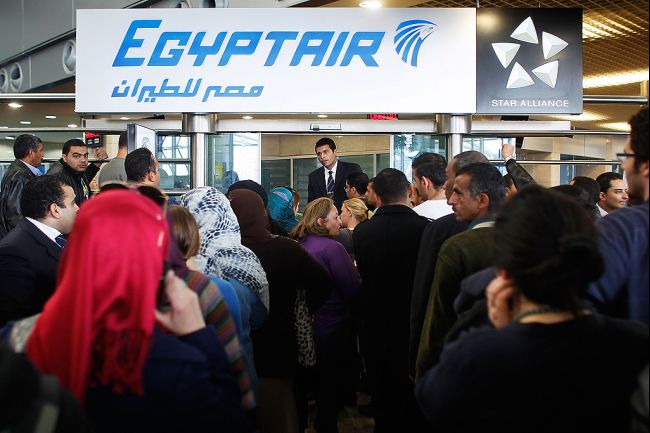TORONTO: When Israeli Prime Minister Benjamin Netanyahu arrives at the White House on Tuesday, he’ll be hoping for a warmer welcome this time, indicating that the worst spat in decades between the allies is over.
But analysts warn a host of unresolved issues could still mar the meet with US President Barack Obama and any thaw may just be temporary.
Whatever happens, for Netanyahu it could hardly be worse than their last one-on-one meeting in March, where he was reportedly berated and deprived of the usual trappings granted to foreign leaders, even the customary handshake photo.
The move was widely perceived in Israel as a humiliating dressing down for Netanyahu, with media claiming the Israeli leader was treated like a "third world dictator."
It was sparked by an Israeli announcement of plans to build 1,600 Jewish settlement homes in annexed east Jerusalem that came during a trip to Israel by US Vice President Joe Biden, a move the US called "insulting."
This visit should be different.
Both sides appear eager to end the rare public row over Israeli settlement building, which Washington said harmed its efforts to get proximity talks underway between Israel and the Palestinians.
Netanyahu, who arrives in Washington following a visit to France and Canada, wants to be able to show he has not jeopardized Israel’s ties with its main military and diplomatic ally, particularly with Israel counting on the United States to lead efforts to reign in Iran’s nuclear program.
"The Biden incident shifted things off the rails. Now the dust is settling again," said a senior Israeli official close to Netanyahu, speaking on condition of anonymity.
And Obama has been trying to overcome doubts from the key pro-Israel lobby and some US Jewish groups over his support for Israel, something that could dog his Democratic Party ahead of US mid-term elections in November.
"The Obama administration has just over the last month or so really tried to change the tone of the American-Israeli conversation," said Nathan Brown, a professor of political science and international affairs at George Washington University.
"Simply, the fact of the meeting is maybe half the message," Brown said. "It may be just kind of trying to set up a good positive image and personal chemistry between the two, at least in public view."
Critics have said Obama needs a meeting with Netanyahu markedly warmer than the March one, ahead of a June 9 visit from Palestinian leader Mahmud Abbas.
The main improvement since March is that the indirect peace talks, which are being brokered by Obama’s special envoy George Mitchell, have actually begun.
"We are in the proximity talks, we are starting to broach some issues and there is a sense that there is more of a meeting of minds between the US and Israel," the Israeli official said.
But analysts caution that any reconciliation may be superficial, or just temporary.
The issues that caused the rift — Israel’s commitment to construction in occupied mainly Arab east Jerusalem and the fate of a West Bank settlement freeze that expires in September — remain largely unresolved.
"If the Obama administration pushes forward on the peace process and continues to make Israeli-Palestinian negotiations a priority, then there are deep substantive issues between the US and Israel, and these will come up sooner rather than later," said Brown.
There are also question marks about how far the hawkish Netanyahu is ready to go to reach a peace deal with the Palestinians.
Netanyahu insists real concessions can’t be made in these proximity talks, but only in direct negotiations. Many charge he is simply trying to buy time.
"That way it will be possible to waste a lot more time on the way to nowhere," political commentator Ben Caspit wrote in the Maariv daily.
"In direct negotiation the Americans can’t intervene and that’s the way it will stay until the end of Netanyahu’s term, or Obama’s, whichever comes first."
Another key issue that could disrupt the talks was Friday’s resolution adopted at the United Nations by the Non-Proliferation Treaty’s 189 nations and calling for a conference on a nuclear-weapons-free Middle East.
Israel, which is not a signatory to the NPT and is believed to be the region’s sole if undeclared nuclear power, had hoped Washington would have prevented the agreement. A government statement said Netanyahu would raise the issue with Obama.
In Israel, Netanyahu was cautioned against expecting Obama to entirely ease off the pressure.
"President Obama has decided — a year late — that he would like to get the badge of honour as Israel’s Greatest Friend in the White House, and has invited Netanyahu for a meeting," wrote the mass selling Yediot Aharonot newspaper.
"But one must not mistake these signs of affection. Netanyahu still has his back against the wall," Yediot said.



